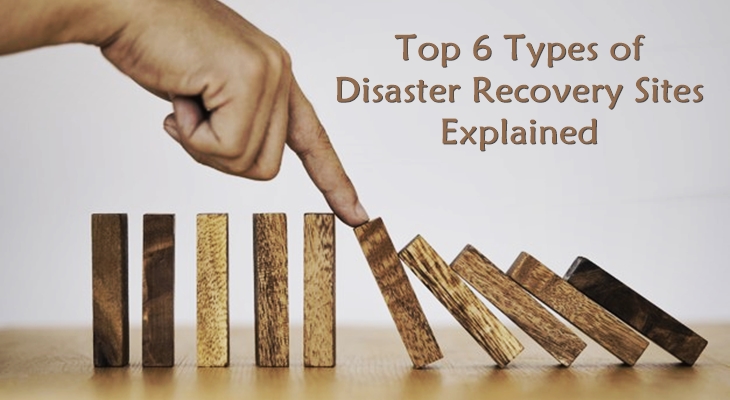Online shopping has transformed the way consumers purchase goods, but it hasn’t erased their concerns about trustworthiness. Fraudulent websites, disappointing product quality, and questionable refund policies have left many wary of new or unfamiliar online stores. As such, customers are now more cautious and likelier to demand tangible signs that an e-commerce business will deliver on its promises. Even a single misstep, such as a lack of secure payment options or unclear policies, can push a potential buyer to abandon their cart and buy from a competitor.
These concerns have thus made credibility a cornerstone of successful e-commerce over the years. More than just a backend goal, proving trustworthiness has become an essential marketing strategy. Consumers don’t just want to know that your business operates smoothly; they need to see evidence of it before committing to a purchase. So, if you’d like your online business to soar, your marketing efforts can no longer rely solely on promotions and discounts. Instead, it must integrate operational strengths—like transparency, customer care, and secure infrastructure—into its messaging.
Let’s explore some key marketing strategies you can employ to market your online store as credible, trustworthy, and worth choosing over others:
Promote Flexible Payment Options as a Selling Point
Customers who are otherwise eager to buy from your online store may find their enthusiasm dampened if they discover that you don’t support their preferred payment method. Many will even see a lack of familiar and trusted options like a red flag. This is because offering flexible payment options isn’t just a matter of convenience; doing so also sends the message to your customers that you care about their comfort and security.
Highlight in your marketing materials that you use trusted gateways, such as Maya Business’s online payment solutions for businesses in the Philippines. You may also want to detail the extensive range of payment methods you accept via these solutions. Doing so upfront is one of the best ways to assure customers that every online payment processed by your store will be safe and hassle-free.
Market Social Proof as Part of Your Story
When customers see others praising your store, their confidence grows. Social proof isn’t just a one-time trust signal—it’s a powerful narrative. Share customer testimonials, feature user-generated content, and highlight glowing reviews prominently. Instead of simply listing ratings, weave these elements into your brand story. For example, you can use your email newsletter to feature customer success stories that can then urge other customers to discover why thousands are choosing your brand. By showcasing satisfaction, you transform social proof into a key part of your marketing identity.
Engage with Customers on Social Media
Today’s consumers aren’t content to simply browse your offerings. Many of them want to interact with you as part of the shopping experience. An active presence on social media will allow you to humanize your brand and build connections, as it signals that you’re invested in building relationships rather than just farming transactions. Think of each comment or question you answer as an opportunity to prove your credibility. Also, instead of relying solely on posts, consider hosting live Q&A sessions or sharing behind-the-scenes content to invite further interaction. Consistent engagement shows customers that there’s a real, reliable team behind the store.
Demonstrate Your Expertise with Content Marketing
A well-informed customer is more likely to trust your store. So, offer valuable content, such as how-to guides, product comparisons, or industry insights, to position your business as an authority in its field. Plus, customers will appreciate not having to hunt for answers because you actively provide them. For instance, blog posts about how to choose from among different types of products on offer will help customers make more informed purchasing decisions and reinforce your credibility in the process. These types of content build confidence that your store understands and caters to its customers’ needs.
Communicate Your Commitment to Transparency
Uncertainty is a dealbreaker for many shoppers, which is why it’s important to have clear policies on returns, refunds, and shipping costs to eliminate guesswork and assure customers that they can rely on you. Instead of burying these details in fine print, make them prominent features of your website and marketing materials. Transparency fosters trust, and trust transforms hesitant visitors into loyal customers.
Offer Guarantees and Warranties
Every purchase involves an element of risk, which guarantees and warranties help mitigate. These protect your customers and enhance your brand’s credibility at the same time. A money-back guarantee or a product warranty shows that you stand behind the quality of what you sell. These assurances not only attract new customers but also differentiate you from competitors who might lack such policies. Incorporate phrases like “100% Satisfaction Guaranteed” into your advertisements and product pages to reassure potential buyers.
Showcase Your Partnerships and Features
Collaboration with trusted brands or recognition from credible sources can significantly boost your store’s image. If you have affiliations with well-known payment processors, logistics companies, or industry certifications, then it’s in your best interest to display them prominently. Include trust badges like “Certified Secure Checkout” or “Trusted Shipping Partner” on your website to build a more dependable image. Additionally, if your store has been featured in the media, share those mentions with your audience. Brand partnerships and features act as endorsements and may resonate with customers, especially if you’re working with other organizations they already know and trust.
In an increasingly competitive e-commerce landscape, trust is more than a virtue—it’s a necessity. The true measure of success lies in how well you demonstrate your trustworthiness, both in what you offer and in how you deliver it. Thus, turning your operational strengths into selling points is one of the most effective ways to meet and even exceed the modern consumer’s expectations.
You May Also Like to Read:
5 Ways Artificial Intelligence Helps in Personalized Marketing





